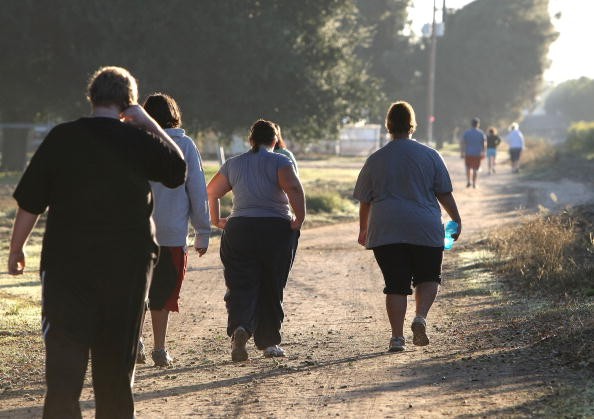
People who are at risk for developing diabetes can delay the onset of the disease if they take part in organized diet and exercise programs. These programs can reduce the number of new cases of diabetes according to a large review of 55 studies done between 1991 and 2015.
The review was commissioned by the Community Preventive Services Task Force. The task force is an independent, unpaid group of public health and prevention experts who develop recommendations for community health.
The 55 studies in the review evaluated 66 programs that promoted combined diet and exercise. The programs were aimed at teens and adults who had prediabetes, which is when blood sugar levels are higher than normal but not high enough to be diagnosed as type 2 diabetes. These programs promoted diet and exercise with individualized food and activity advice, counseling, coaching, or support. Some of the programs included meetings with nutritionists and physiotherapists,
After examining all the data from the studies, the report found that there was strong evidence that these programs are effective at reducing the number of new cases of diabetes in groups that are already at risk. Community-based programs were seen to help improve weight loss, lower blood sugar, and reduce the risk for a later diabetes diagnosis. Some also reduced blood sugar levels and improved cholesterol markers. There were no long-term problems related to the programs.
These findings are not exactly unexpected, since most research has had similar findings. "If you exercise and eat better, you'll reduce your risk of developing diabetes," said Dr. Patrick L. Remington, coauthor of the recommendation statement on behalf of the Task Force. "But if you simply tell somebody to eat better and exercise, that does not work."
The review was published in the journal Annals of Internal Medicine.



